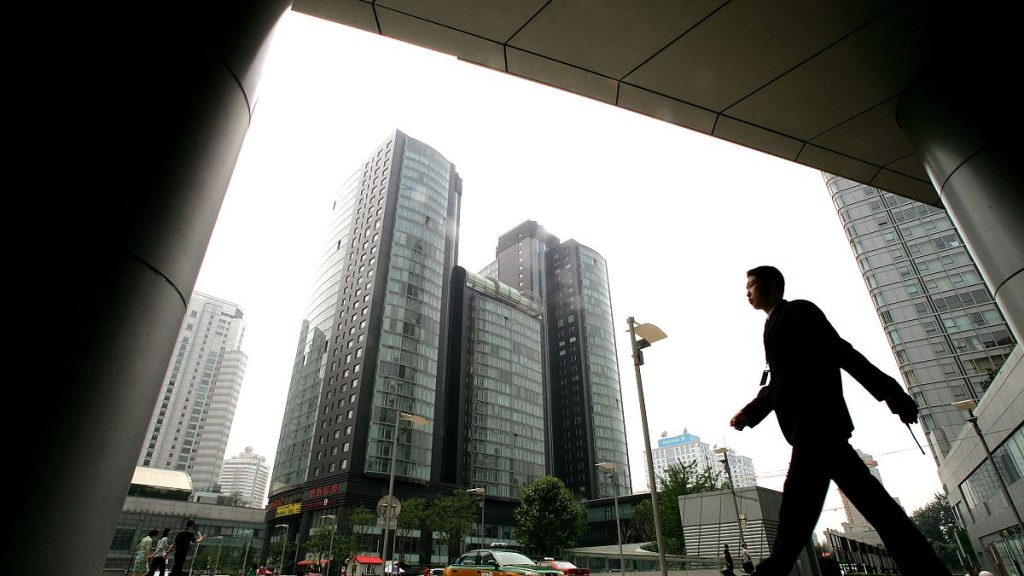The Rise of Siloing and its Implications for European Businesses in China
The European business landscape in China is undergoing a significant transformation, driven by a confluence of factors including stringent regulatory requirements, escalating geopolitical tensions, and increasing trade uncertainties. A key trend emerging from this complex environment is the growing pressure on European companies to separate, or "silo," their China-based operations from their global structures. This strategy, while sometimes adopted for commercial reasons, is increasingly being driven by necessity rather than choice, as companies strive to navigate the intricate web of regulations and maintain compliance in the Chinese market. The European Union Chamber of Commerce in China, in its recent report, highlights the concerning implications of this trend, warning of potential negative consequences for both individual companies and the global economy.
The chamber’s report, based on extensive surveys and interviews with European companies operating in China, paints a picture of businesses grappling with the difficult decision of how to restructure their operations, including supply chains, workforce, and research and development, in order to remain competitive and compliant. The study reveals that many companies are being compelled to isolate their China operations to avoid market barriers and potential penalties for non-compliance. However, this strategy comes at a cost, often compromising their global competitiveness and creating inefficiencies. While siloing might offer a short-term solution to specific challenges, it also introduces a range of negative side effects, including increased operational costs, duplication of efforts, and a reduction in overall innovation.
One of the primary drivers behind this trend is the increasing complexity and ambiguity of China’s regulatory landscape. Companies are facing growing pressure to comply with a range of new regulations, often without clear guidance on implementation. This ambiguity creates a climate of uncertainty, making it difficult for companies to plan for the long term and increasing the risk of unintentional non-compliance. The report specifically highlights the ambiguities within China’s national security laws, such as the Counter-Espionage Law and the Foreign Relations Law. These laws, while broadly defined, lack clear definitions of key concepts like "state secrets," leading to inconsistent enforcement and significant compliance challenges for foreign businesses. This lack of clarity further compels companies to silo their operations, hoping to minimize the risk of inadvertently violating these broadly defined laws.
The economic consequences of this enforced siloing are significant. The report warns that this trend could contribute to the acceleration of deglobalization, reducing global economic and productivity growth. By fragmenting operations and limiting the free flow of goods, services, and information, siloing undermines the benefits of global integration. Furthermore, it hinders the ability of companies to leverage their global networks and expertise, impacting their overall competitiveness. The report also emphasizes that even companies that have siloed their China operations may not be recognized as "domestic manufacturers" and therefore may not gain access to China’s lucrative procurement market, further negating the perceived benefits of this strategy.
The impact on foreign direct investment (FDI) is already evident. The report notes a significant decline in EU FDI flows to China, a trend that is expected to intensify if companies continue to perceive the costs of operating in China as outweighing the benefits. This decline in FDI has broader implications for the Chinese economy, potentially hindering growth and innovation. The combination of heightened trade tensions, over-reliance on a single market, and conflicting regulatory regimes further exacerbates the challenges faced by European companies operating in China. The recent imposition of tariffs on Chinese electric vehicles, for example, highlights the vulnerability of businesses operating in an increasingly volatile trade environment.
The European Chamber of Commerce, recognizing the gravity of the situation, has issued a call to action. The chamber urges foreign companies to actively participate in China’s standard-setting processes to protect their interests and ensure that regulations are developed in a transparent and predictable manner. Simultaneously, the chamber calls on the Chinese government to address the underlying issues driving this trend. Specifically, the chamber recommends that Beijing remove market access barriers and clarify regulatory expectations, creating a more stable and predictable business environment. This, in turn, would encourage sustainable foreign investment and foster a more mutually beneficial economic relationship between China and the European Union. The chamber emphasizes the importance of creating a level playing field where foreign companies can compete fairly and contribute to the continued growth and development of the Chinese economy.














